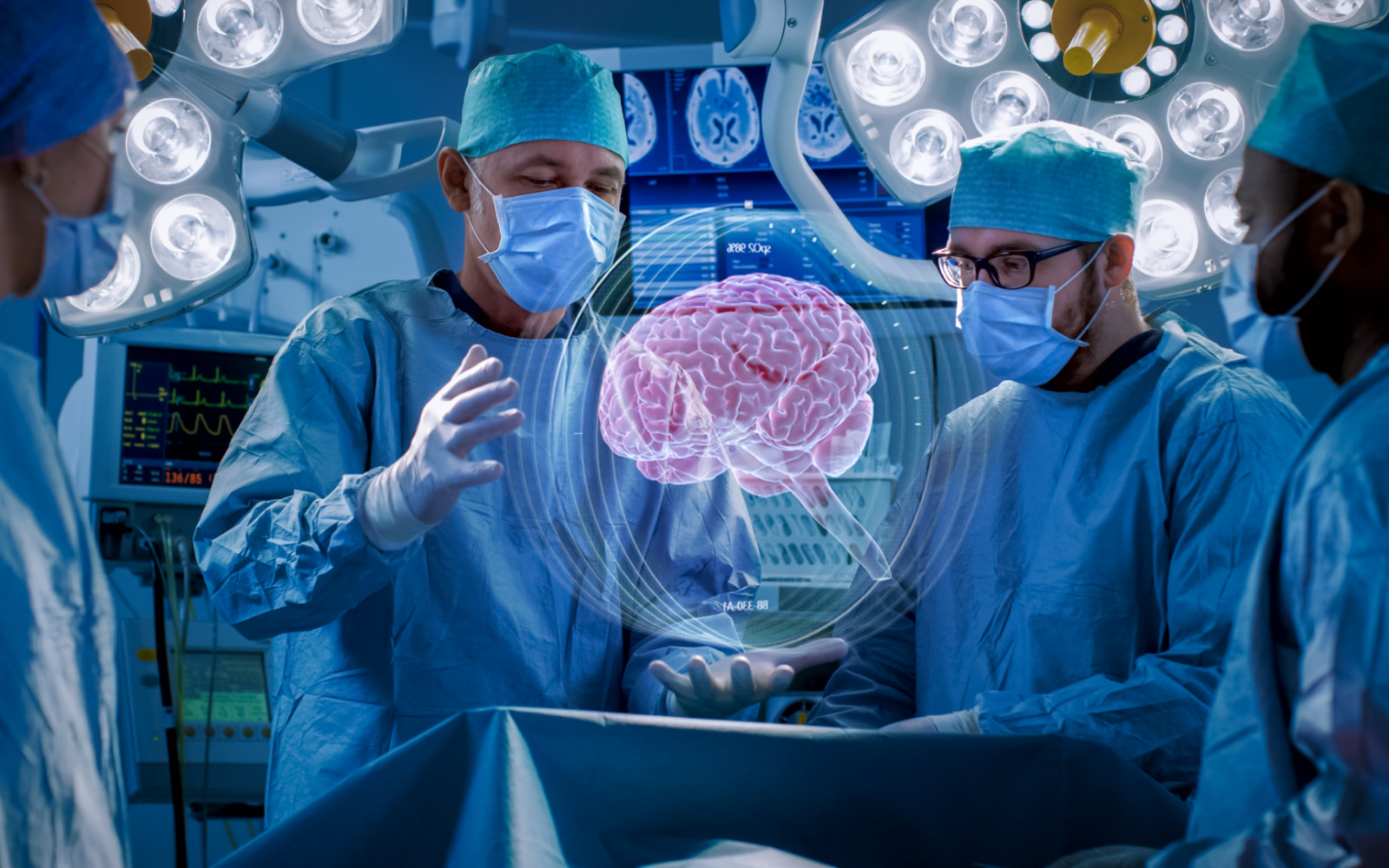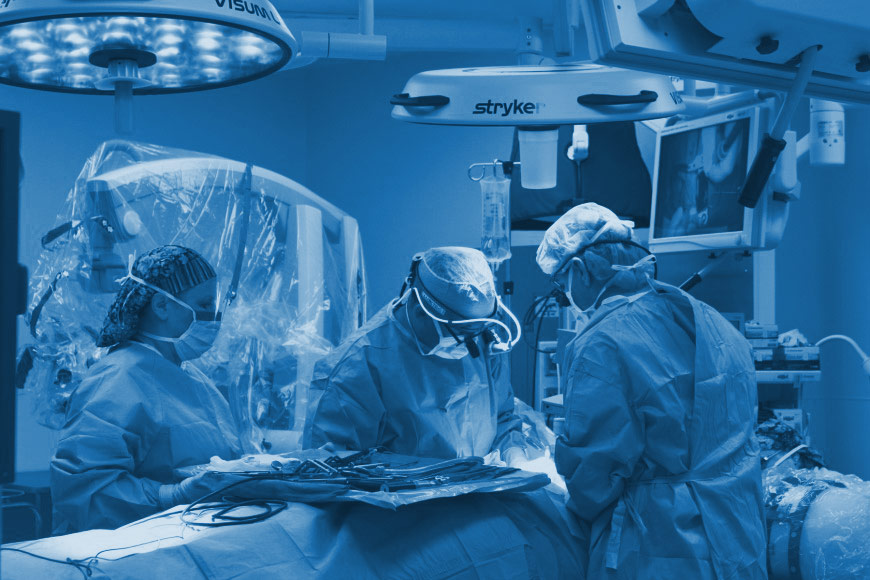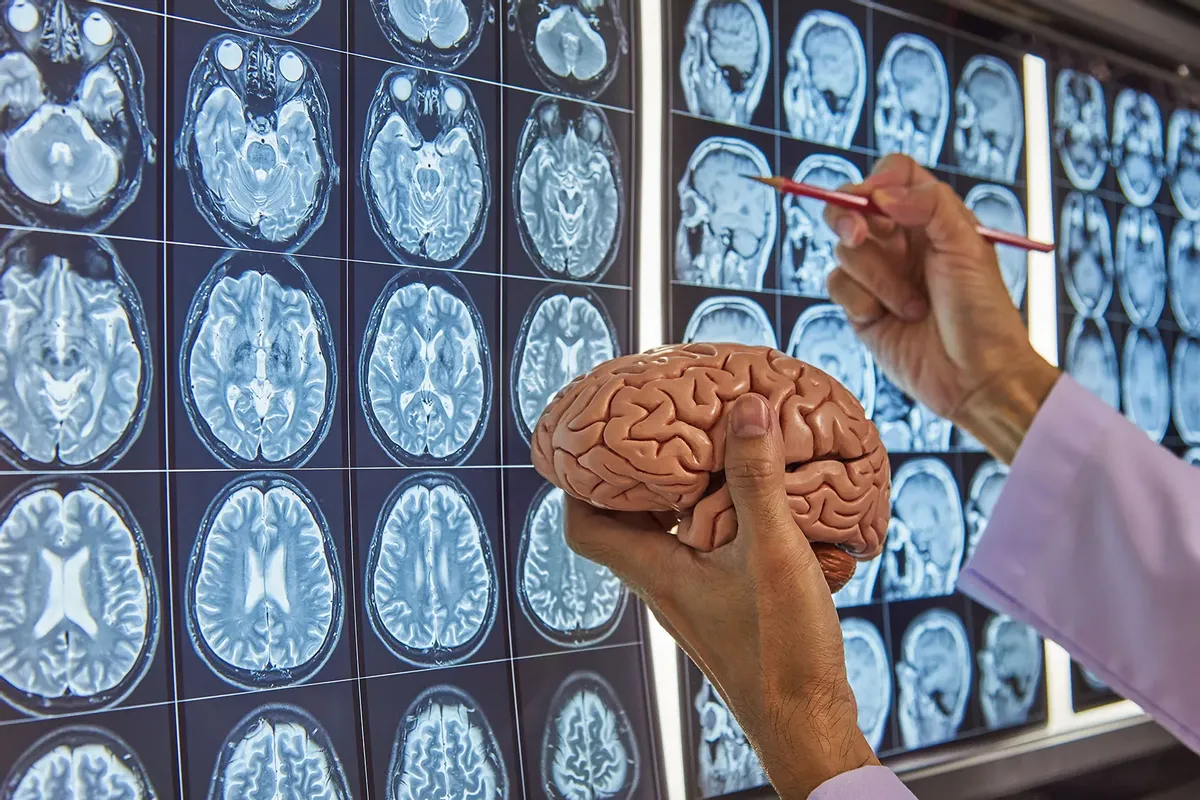Subtotal $0.00
At Kenzo Hospital , we stand as a beacon of compassionate care and medical excellence, dedicated to serving our community with unwavering commitment.
11A, devarajanar Street, vedachala nagar, chengalpattu 603001.
Shopping cart
- Home
- About Us
- Specialities
- Anaesthesia
- Dermatology
- Cardiology
- Emergency Medicine
- Endocrinology
- ENT
- General Medicine
- General Surgery
- Gynaecology
- Laboratory Services
- Medical Gastroenterology
- Medical oncology
- Nephrology
- Neurology
- Neurosurgery
- Ophthalmology
- Orthopedics
- Paediatrics
- Pediatric Surgery
- Psychatry
- Pulmunology
- Radiology
- Rheumatology
- Surgical Gastro Enterology
- Surgical Oncology
- Urology
- Blog
- Contact
- Phone:044-27430000 / 7550012550
- Email:info@kenzohospital.in
- Language
- [gtranslate]



